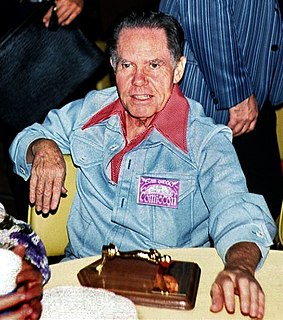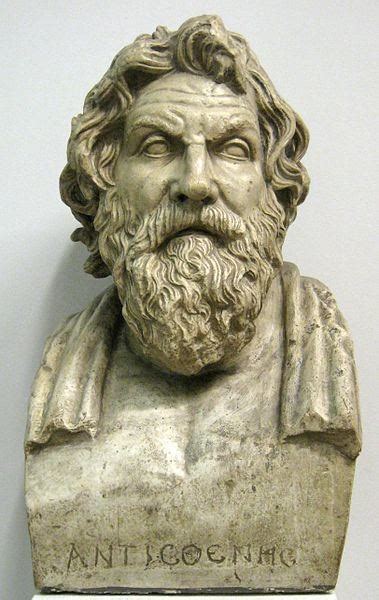A Quote by John Maynard Keynes
Words ought to be a little wild, for they are the assaults of thoughts on the unthinking.
Related Quotes
You see these dictators on their pedestals, surrounded by the bayonets of their soldiers and the truncheons of their police ... yet in their hearts there is unspoken fear. They are afraid of words and thoughts: words spoken abroad, thoughts stirring at home -- all the more powerful because forbidden -- terrify them. A little mouse of thought appears in the room, and even the mightiest potentates are thrown into panic.
I want you to understand the words. I want you taste the words. I want you to love the words. Because the words are important. But they're only words. You leave them on the paper and you take the thoughts and put them into your mind and then you as an actor recreate them, as if the thoughts had suddenly occurred to you.
Hear and attend and listen; for this is what befell and be-happened and became and was, O my Best Beloved, when the Tame animals were wild. The dog was wild, and the Horse was wild, and the Cow was wild, and the Sheep was wild, and the Pig was wild -as wild as wild could be - and they walked in the Wet Wild Woods by their wild lones. But the wildest of all the wild animals was the Cat. He walked by himself and all places were alike to him
Hereby perceive we the love of God, because He laid down His life for us, and we ought to lay down our lives for the brethren." How often I think of that 'ought.' No sugary sentiment there. Just the stern, glorious trumpet call, OUGHT. But can words tell the joy buried deep within? Mine cannot. It laughs at words.
Magic is a kind of energy. It is given shape by human thoughts and emotions, by imagination. Thoughts define that shape—and words help to define those thoughts. That’s why wizards usually use words to help them with their spells. Words provide a sort of insulation as the energy of magic burns through a spell caster’s mind.
He who thinks much says but little in proportion to his thoughts. He selects that language which will convey his ideas in the most explicit and direct manner. He tries to compress as much thought as possible into a few words. On the contrary, the man who talks everlastingly and promiscuously, who seems to have an exhaustless magazine of sound, crowds so many words into his thoughts that he always obscures, and very frequently conceals them.
I call her Wild Woman, for those very words, wild and woman, create llamar o tocar a la puerta, the fairy-tale knock at the door of the deep feminine psyche. Llamar o tocar a la puerta means literally to play upon the instrument of the name in order to open a door. It means using words that summon up the opening of a passageway. No matter by which culture a woman is influenced, she understands the words wild and woman, intuitively.
If a thing can be said in ten words, I may be relied upon to take a hundred to say it. I ought to apologize for that. I ought to prune, pare and extirpate excess growth, but I will not. I like words—strike that, I love words—and while I am fond of the condensed and economical use of them in poetry, in song lyrics, in Twitter, in good journalism and smart advertising, I love the luxuriant profusion and mad scatter of them too.



































